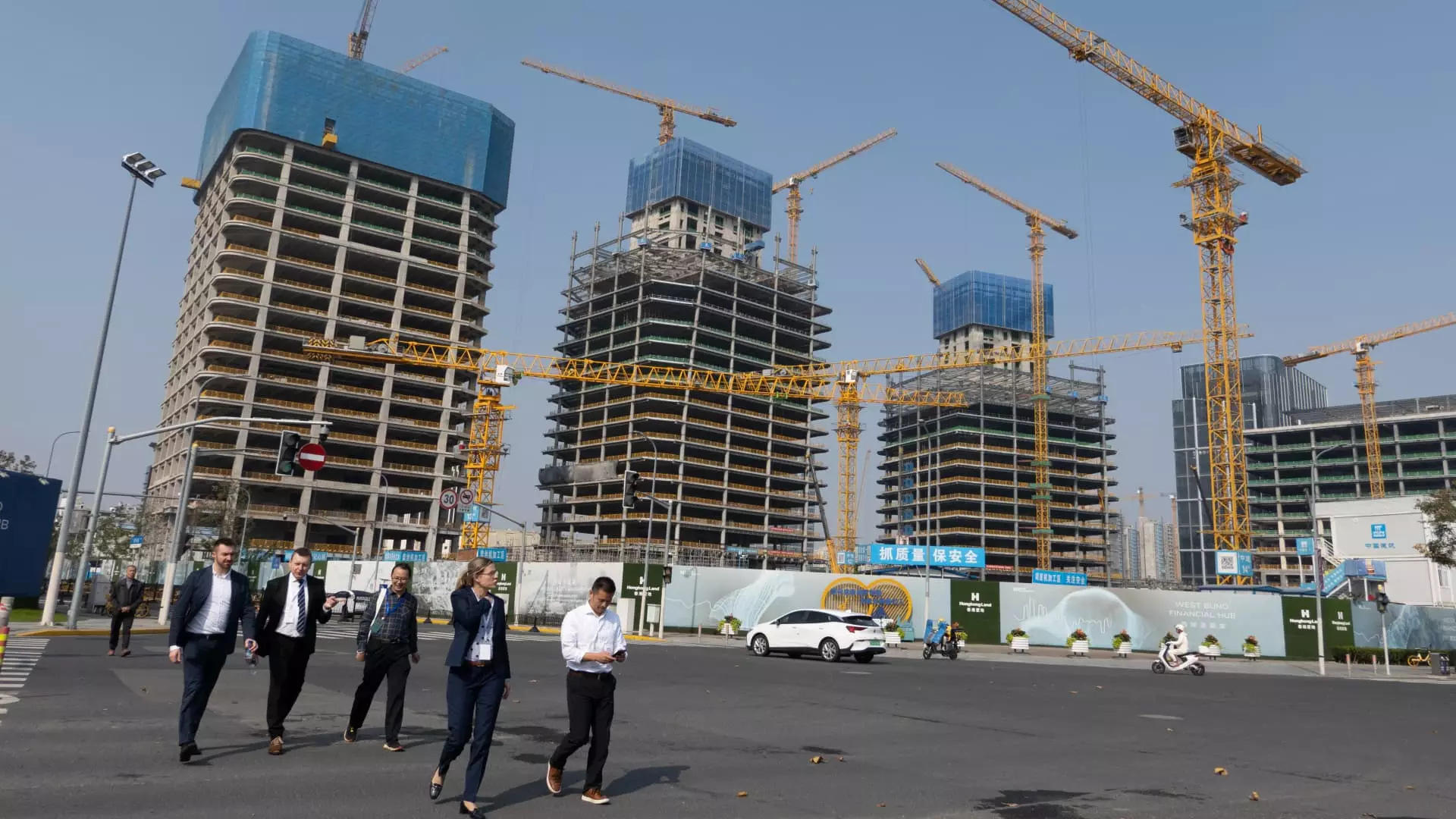With the conclusion of a pivotal parliamentary session, China is poised to implement additional economic stimulus measures aimed at rejuvenating its economy. The National People’s Congress (NPC) has been the fulcrum for potential legislative changes since the government has ramped up efforts to counteract the economic downturn. The meeting, which lasted five days, has fostered increasing speculation about the government’s next moves in fiscal and monetary policy, reflecting heightened urgency in the face of domestic economic challenges.
President Xi Jinping’s engagement in a meeting on September 26 set the tone for this anticipated shift. The focus was on aggressive fiscal and monetary support as well as addressing the ongoing troubles in the real estate sector. While the People’s Bank of China (PBOC) has proactively reduced interest rates to stimulate lending, further large-scale government spending necessitates the approval from the NPC, which has historically been cautious about expanding the budget without careful scrutiny.
Analysts suggest that sustained external pressures, such as the potential for increased tariffs on Chinese exports following Donald Trump’s recent election victory, could sway the government’s hand towards more expansive fiscal policies. In light of last year’s adjustments, which permitted a rare deficit increase to 3.8% from 3%, experts believe that this year’s deliberations may similarly yield substantial adjustments in China’s fiscal framework.
Nevertheless, some analysts express concerns that China’s government might not unleash direct consumer support in the same breath. Instead, they suggest that any forthcoming measures may be more calculated, aiming to stabilize local governmental finances which have suffered due to stagnating real estate revenues. The acknowledgment of hidden debts—estimated between 50 trillion and 60 trillion yuan (approximately $7 trillion to $8.4 trillion)—poses a critical hurdle for local authorities as they seek to manage their fiscal health amid broader economic constraints.
The recent discussions at the NPC indicate a growing focus on increasing the limits of debt that local governments can issue. This follows a concerning trend where local authorities have had to navigate the complexities of mounting debts while also addressing public spending demands, particularly with the strains of the COVID-19 pandemic still fresh. The anticipated expansion of debt issuance could offer respite, allowing local governments to refinance existing debts and potentially save significant amounts in annual interest.
Nomura highlights that a potential increase in local government debt issuance by 10 trillion yuan over the next few years would not only alleviate immediate pressure but would also bolster investment strategies as the government tackles the remnants of economic stagnation. With the real estate sector being a crucial yet troubled revenue source, addressing the fiscal challenges of local governments will be essential for ensuring balanced economic growth going forward.
As China navigates these complex economic waters, the interactions between stimulus measures and debt management will be pivotal. The government’s cautious approach speaks to a broader strategy of sustainability while aiming to avoid exacerbating the existing fiscal pressures on local administrations. The upcoming policies, contingent upon legislative approval, will reveal how effectively China can harness stimulus in a manner that aligns with long-term economic stability. The balance of revitalizing the economy while ensuring sustainable fiscal health remains a delicate undertaking for policymakers as they strive for resilience in a post-pandemic world.

Leave a Reply